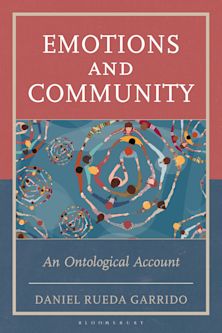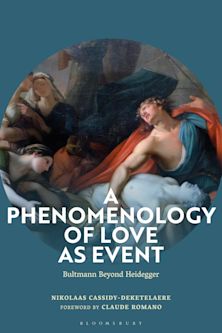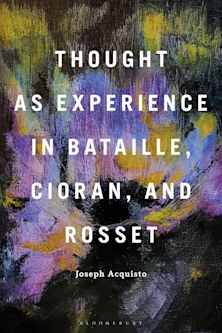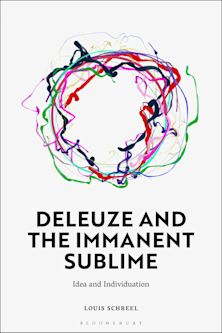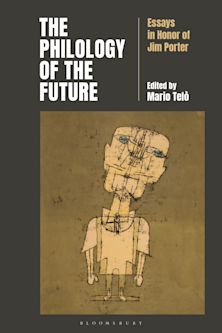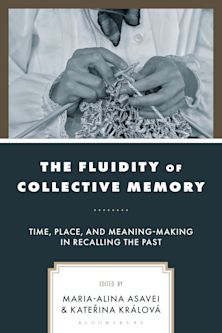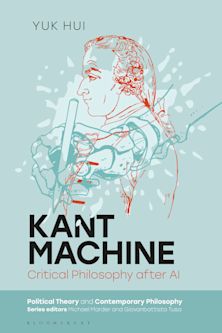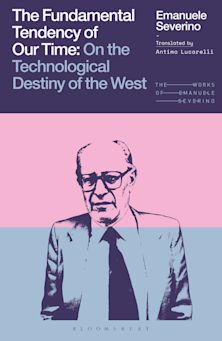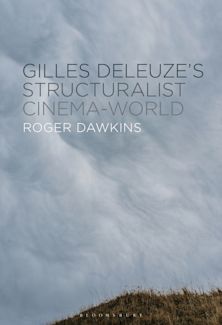- Home
- ACADEMIC
- Philosophy
- Continental Philosophy
- Wittgenstein and Gadamer
This product is usually dispatched within 2-4 weeks
- Delivery and returns info
-
Flat rate of $10.00 for shipping anywhere in Australia
You must sign in to add this item to your wishlist. Please sign in or create an account
Description
A groundbreaking work of post-analytic philosophy, Wittgenstein and Gadamer brings the work of two major modern philosophers in to dialogue. It is required reading for anyone studying or researching the work of either philosopher, or the philosophy of language more generally.
Table of Contents
Introduction
1. The nature of language: Two philosophical traditions
2. Gadamer and Wittgenstein: contrasts and commonalities
3. Gadamer's philosophical hermeneutics and the ontology of language
4. Wittgenstein and the logics of language
5. 'What has history to do with me?': Language and/as historicality
6. A competition of interpretations: Wittgenstein and Gadamer read Augustine
7. Ordinary and extraordinary language: The hermeneutics of the poetic word
Conclusion
Bibliography
Product details
| Published | 15 Jan 2007 |
|---|---|
| Format | Paperback |
| Edition | 1st |
| Extent | 180 |
| ISBN | 9780826493774 |
| Imprint | Continuum |
| Dimensions | 234 x 156 mm |
| Series | Continuum Studies in British Philosophy |
| Publisher | Bloomsbury Publishing |
About the contributors
Reviews
-
'This work achieves the goal of presenting a well argued and balanced comparison of these two great German language philosophers ... This is a book which students of Gadamer and Wittgenstein cannot afford to ignore and one which will hopefully lead to further productive engagement between their two philosophies.'
Felix O Murchadha, National University of Ireland, in International Journal of Philosophical Studies
-
'Much illumination can be gained by thinking about the connections and differences between the practice of hermeneutics and Wittgenstein's unusual approach to language. Lawn is to be complimented for opening up this avenue of thought.'
Alessandra Tanesini, Radical Philosophy












